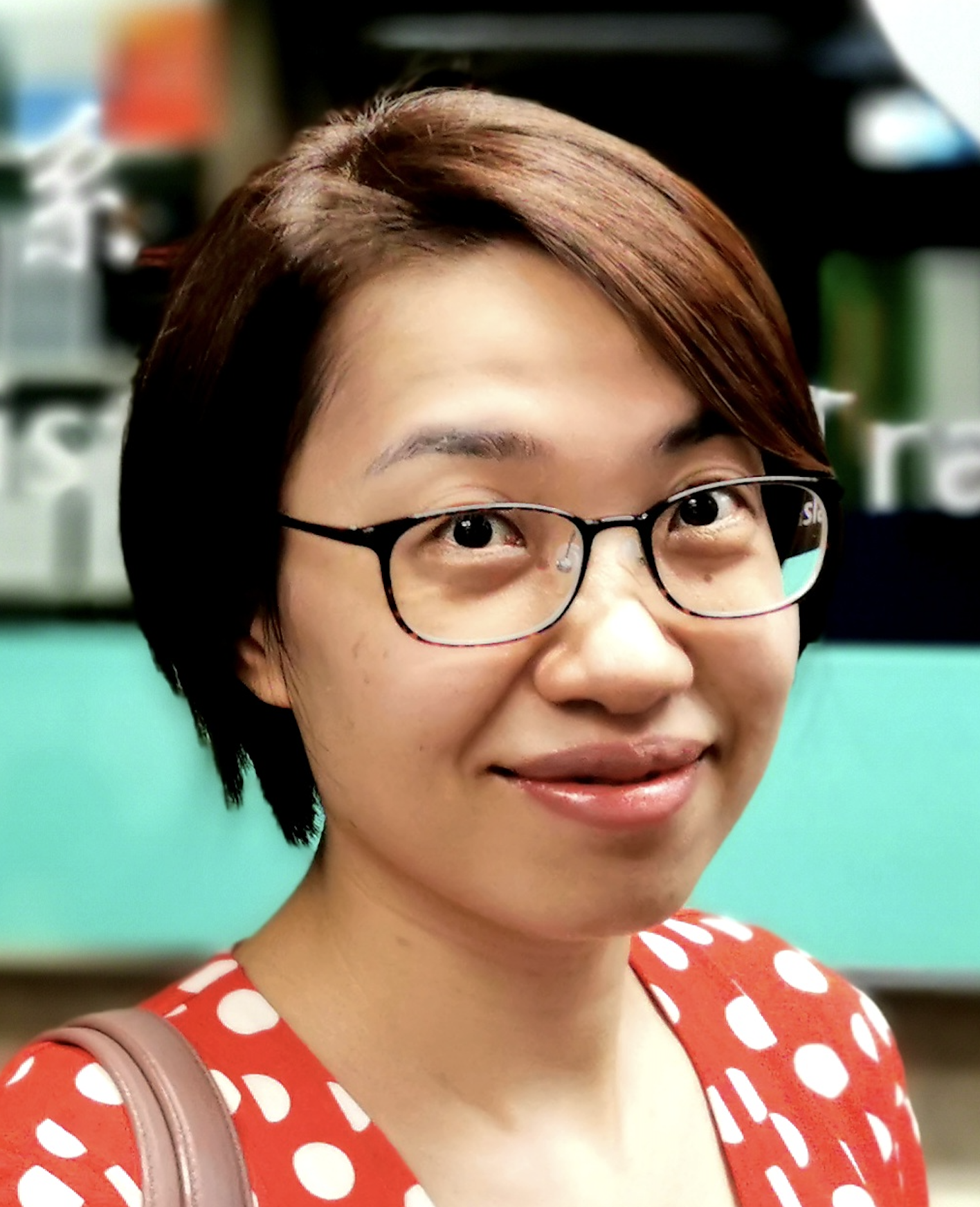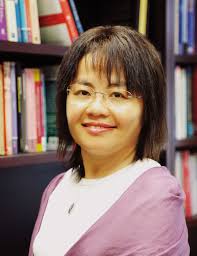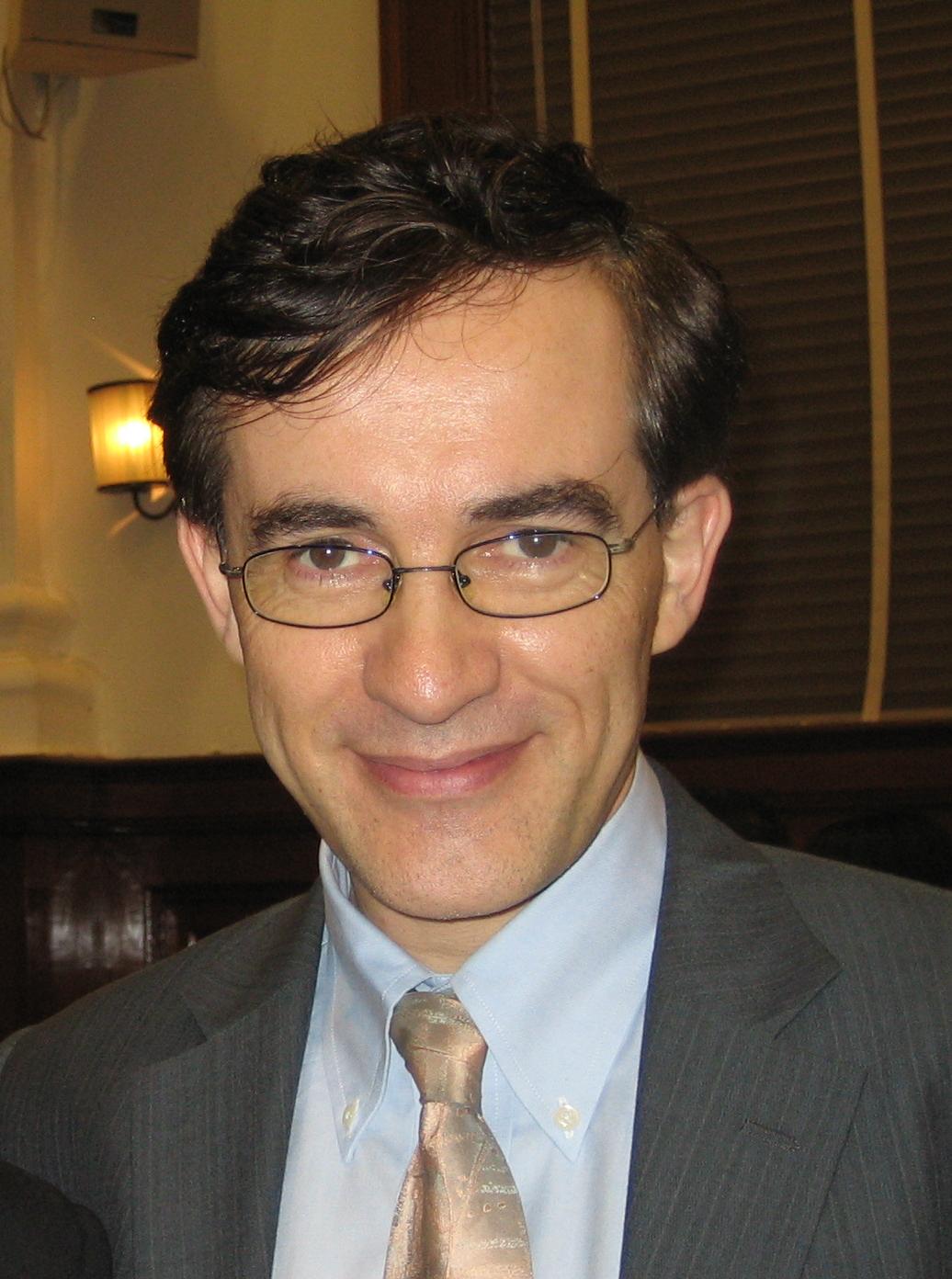CHILDES Chinese-English CHCC Corpus (Child Heritage Chinese Corpus)

|
Ziyin Mai
Department of Linguistics and Translation
City University of Hong Kong
ziyinmai@city.edu.hk
website
|

|
Virginia Yip
Linguistics and Modern Languages
Chinese University of Hong Kong
vcymatthews@cuhk.edu.hk
website
|

|
Stephen Matthews
Department of Linguistics
University of Hong Kong
matthews@hku.hk
|
| Participants: | 3 |
| Type of Study: | longitudinal, naturalistic |
| Location: | United States, Hong Kong |
| Media type: | audio |
| DOI: | doi:10.21415/T5SD6M |
Browsable transcripts
Download transcripts
Link to media folder
Citation information
Mai, Z., Matthews, S. & Yip, V. (in prep). Heritage Chinese in English
contexts: the Child Heritage Chinese Corpus.
Mai, Z. & Yip, V. (2017). Acquiring Chinese as a Heritage Language in
English-speaking Countries and the Child Heritage Chinese Corpus. Paper
presented at the International Conference on Bilingualism: Language and
Heritage, Dec 18, Chinese University of Hong Kong.
In accordance with TalkBank rules, any use of data from this corpus
must be accompanied by at least one of the above references.
Project Description
This corpus documents the language development of American-born Chinese
children, who were exposed to their heritage language Chinese (Mandarin
and/or Cantonese) at home, and the societal majority language English at
school and at home. The corpus currently contains data from three
children: Luna, Avia and Winston. File names give the child's age.
Luna
Luna was born in New York in 2011. She is the first-born of the
family. She has been exposed to Mandarin Chinese at home since birth and
English in nursery and preschool since she was 0;09. Her parents are
professionals who are native speakers of Mandarin and speak English
fluently as their second language. Both of them come from mainland
China, the mother from a Cantonese-speaking city in southern China, and
the father from the north. They had completed their first degrees in
natural sciences and engineering in prestigious universities in Beijing
before they arrived in the United States to pursue doctoral degrees. At
home, the parents address Luna almost exclusively in Mandarin with only
occasional switches to English. Before the age of 0;09, Luna was
primarily taken care of by her parents and her maternal grandparents,
who also addressed Luna in Mandarin. From 0;09 to 3;00, Luna spent
approximately seven hours a day during weekdays at a local daycare,
where English was the language between staff members and between staff
and the infants. The family relocated to Maryland when Luna was 3;01,
where Luna attended an English-medium pre-school from 3;02 to 5;08, and
she was particularly close to the Chinese-speaking children in her
class. Spanish was introduced to Luna by her school teachers in her
pre-school when she was 3;02, with one hour of exposure per week. Luna
is now attending first grade (Kindergarten) in an elementary school in
Maryland. She has taken a few month-long trips outside the US before
4;11 (age of the last recording in this release), most of them to China
visiting friends and family in major cities. Luna had a little sister
when she was 4;03, and the parents have adhered to the Mandarin-only
policy to address both girls at home. Mandarin is the language of
communication between Luna and her sister.
Regular recording of Luna began in 2013 at age 2;00 and still
continued at the time of writing. On the initial launch of Luna’s
corpus, the transcripts of the speech data from 2;00 to 4;11 will be
released. From 2;00 to 4;01, Luna was video-recorded by her parents at
home at weekly or bi-weekly intervals. From 3;10 to 4;11, Luna was
invited to interact with our research staff at CUHK via Skype at regular
intervals. The Skype sessions, both audio and video, were recorded using
Camtasia by the researchers. The Skype sessions were scheduled for the
early mornings of Hong Kong and early evenings of Maryland. Most of them
were 40-60 minutes in duration, evenly divided into a Mandarin session,
where Luna interacted with a Mandarin-speaking researcher in Mandarin,
and an English session, where the same or another research assistant,
who spoke English as their second language, elicited English from Luna.
The Skype sessions consisted of child-friendly activities including
story-telling, role play, games with toys and free chat. The Mandarin
and English sessions were later split into different files in
transcription and tagging. To compensate for data loss due to unstable
connections in web-based calls, Luna’s mother, who observed all of the
Skype calls, audio-recorded the Skype conversations on another device
(e.g. smartphone, sound recorder). The transcription of Skype sessions
was done based on the audio recordings provided by the parents and
checked against the Camtasia recordings, in cases where the speakers’
utterances were unintelligible due to unstable internet connection. To
address the parents’ requests to protect the family’s privacy, only the
transcripts and corresponding audio recordings, some of them converted
from video recordings, is released. In sum, the initial release of the
Luna corpus contains 13 hours and 22 minutes’ recordings of Luna
interacting with parents at home from 2;00-4;01, and 13 hours and 29
minutes’ recordings of Luna interacting with researchers via Skype from
3;10-4;11 (4 hours 56 minutes in Mandarin, 8 hours and 33 minutes in
English), totalling 26 hours and 51 minutes.
To our knowledge, this is the first longitudinal corpus documenting a
child’s language development drawing on web-based data collection
methods. In Mai and Yip (2017), Zhu, Mai and Yip (2018) and Yip, Mai and
Matthews (2018), we demonstrated how the skype sessions are conducted
and discussed the methodological issues that this method gives rise to.
Compared to traditional home recordings, web-based data collection
incurs lower costs and offers greater flexibility. It is
transformational for the study of heritage bilingualism, as a critical
question in the field is how knowledge of one's mother tongue is
acquired under less-than-optimal conditions in childhood and
subsequently maintained or attrited later in life. Web-based data
recording enables us to collect the heritage children’s speech data by
crossing location barriers: Hong Kong based researchers are able to
interact with the US-based heritage children and make recordings of the
data, supplementing traditional recordings normally conducted by home
visits.
Avia
Avia was born in Ann Arbor, MI in 2012, and currently lives with her
parents in Seattle, WA. Her mother, originally from northern China,
arrived in the United States with her parents when she was five, and had
spoken Chinese on a daily basis with her parents until she attended
college. At the time of recording, Avia’s mother was fluent in both
Mandarin and English, with stronger abilities in English than in
Mandarin, especially on professional topics and formal registers. Avia’s
father is American, with English as his first and dominant language.
Both parents are professionals with doctoral degrees in engineering.
With strong convictions in the necessity and possibility of passing on
the Chinese heritage to Avia and the linguistic and cognitive benefits
of early childhood bilingualism, the parents adopt the “one parent-one
language” principle in their interaction with Avia, with the mother
exclusively speaking Mandarin, and the father speaking English. The
language between the parents is English. Avia has a younger brother, who
is three years younger than her. The parents observed that Avia mainly
spoke Mandarin with her brother, mixed with some English. Before the age
of 2;05, Avia was taken care of mainly by her parents and a
Mandarin-speaking au pair. From 2;05 to 4;11, Avia attended a bilingual
daycare, where Mandarin was the dominant language, three days per week
for eight hours a day, followed by an English-medium local elementary
school after 4;11. Avia lived in the US continuously throughout the
period of recording, apart from brief visits to mainland China (4 weeks
in total by 4;11).
The Avia corpus contains 19 hours of video recordings documenting
Avia’s interaction with her parents from 2;0 to 3;11 in the home setting
(15 hours in Mandarin with the mother and 4 hours in English with the
father). They were recorded by Avia’s parents at 2-3 week intervals from
2014 to 2016, and transcribed and tagged in CLAN (MacWhinney, 2000) by
our research team.
Winston
Winston was born in Boston, MA in 2012, and moved to Seattle, WA with
his parents at the age of 0;04. Similar to Luna, Winston’s parents had
completed their first degrees in science and engineering in prestigious
universities in Beijing before they arrived in the United States to
pursue doctoral degrees. Both are highly proficient in English and use
English on a daily basis in the workplace. Unlike Luna, Winston’s
parents grew up bilingually in Guangzhou, a Cantonese-speaking city in
southern China, speaking both Cantonese (Guangzhou) and Mandarin with
family and friends, and are determined to pass on both Cantonese and
Mandarin to Winston. At home, Winston’s mother speaks Cantonese to
Winston while his father speaks Mandarin most of the time. Winston’s
younger brother was born when he was 3;08. The maternal and paternal
grandparents played a major role in taking care of the children. They
addressed the children in Cantonese and Mandarin 70% and 30% of the time
respectively. In addition, the family hired a Mandarin-speaking domestic
helper for four months (0;07-0;10) and a Cantonese-speaking one for ten
months (2;05-3;02), who had daily interactions with Winston in the
respective languages. Winston also met with an English tutor for 2-3
hours per week starting from 5;00.
Winston attended a monolingual English nursery for a month from 1;08
to 1;09, and switched to an international Montessori nursery at 1;09. In
the latter Winston was first enrolled in a “quadrilingual programme”, in
which he was exposed to Mandarin, Japanese, Spanish and English for
fourteen months from 1;10 to 3;00, and then a “bilingual programme”
(English and Mandarin) from 3;00 to 4;04. At 4;04, Winston started
attending a preschool where English is used as the sole language of
instruction. In each school, Winston spends six hours at school on
weekdays. For Winston’s parents, developing relatively balanced
abilities in Cantonese, Mandarin and Cantonese is one of the most
important considerations in choosing Winston’s school and after-school
activities, as well as domestic helpers and tutors. The parents have
observed and monitored Winston’s language development closely and
adjusted the amount of input in English, Mandarin, and Cantonese
accordingly. Winston is attending an English-medium elementary school
for gifted children at the time of writing.
Winston’s parents started to record their interactions with Winston
in Cantonese and Mandarin weekly at home when Winston was 1;00. Like
Luna, we collected Winston’s speech data in English via Skype
interactions, which started when Winston was 3;00 on a weekly and then
bi-weekly basis. For this release, there is a total of 22 hours and 24
minutes of recordings, covering Winston’s development in Cantonese,
Mandarin and English from 1;07 to 3;07. In Mai, Wu, Wong, Law and Yip
(2018), we have discussed the combined roles of cross-linguistic
influence and input frequency by examining the development of the
zoeng-construction.
Acknowledgements
We would like to express our gratitude to Brian MacWhinney, Director of
CHILDES for his expertise, advice and technical support in constructing
the Child Heritage Chinese Corpus (CHCC).
Our special thanks go to the Research Assistants who participated in the Skype recording sessions
and/or transcribed the speech data: Shanrong Xie, Lana Yinyin Liang,
Sophia Zishu Yu, Kay Wong, Riki Yuqi Wu, Julia Yujing Fan, Scarlet Wan
Yee Li, Hannah Lam, especially Vaness Tsz Yan Law, Joy Jieyu Zhou and
Alice Yanxin Zhu. We gratefully acknowledge the support and help of our
lab members: Xiangjun Deng, Emily Haoyan Ge and Jiangling Zhou.
The research was supported by a start-up grant to set up the University of
Cambridge-Chinese University of Hong Kong Joint Laboratory for
Bilingualism at CUHK, CUHK funding for the CUHK-Peking
University-University System of Taiwan Joint Research Centre for
Language and Human Complexity, a General Research Fund from the Hong
Kong Research Grants Council (“Childhood bilingualism and heritage
language development”, Project no. 14632016).


